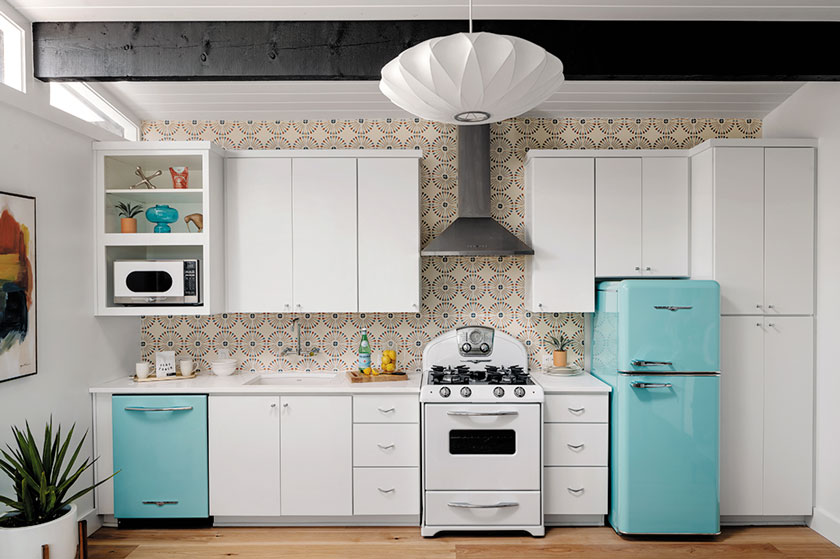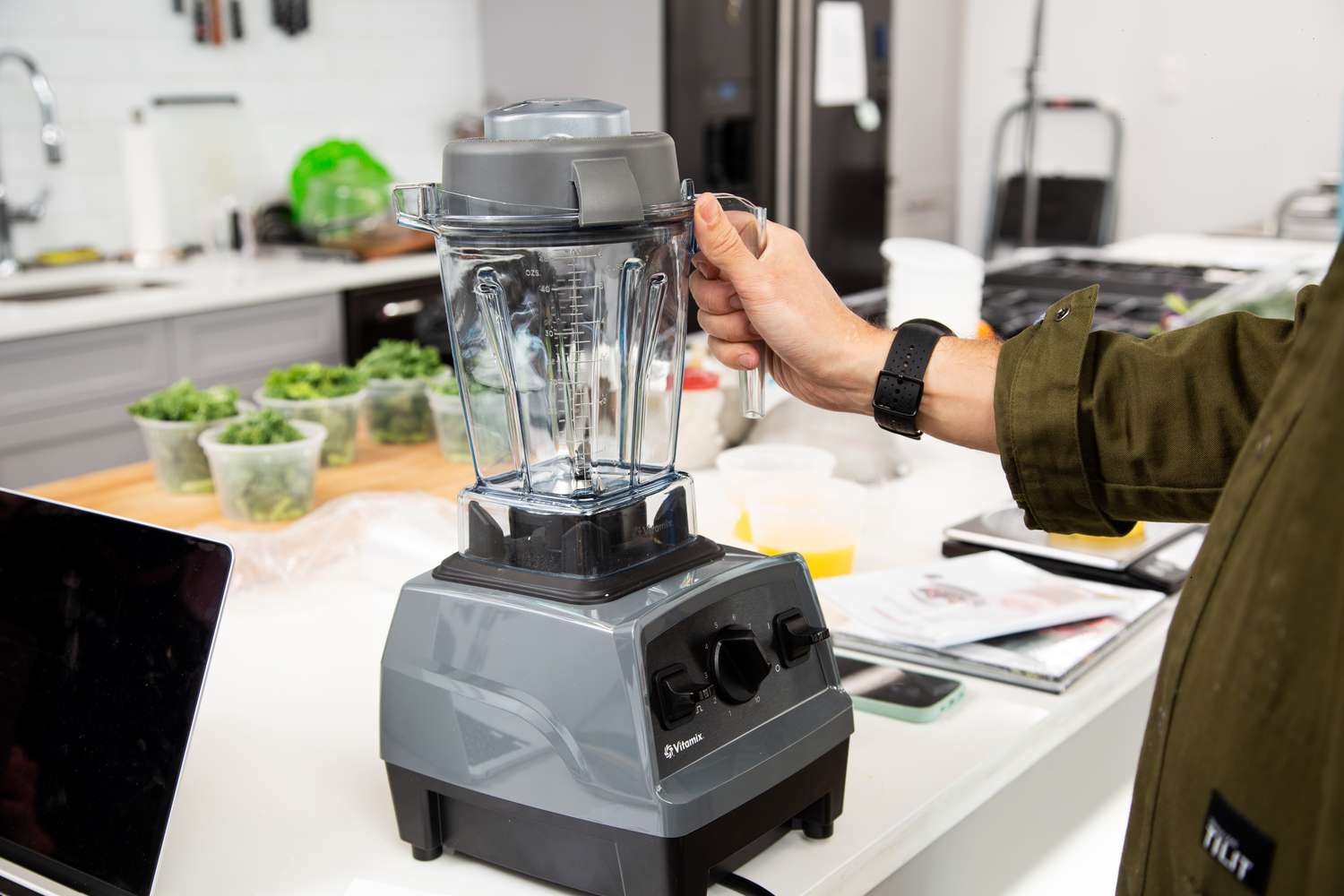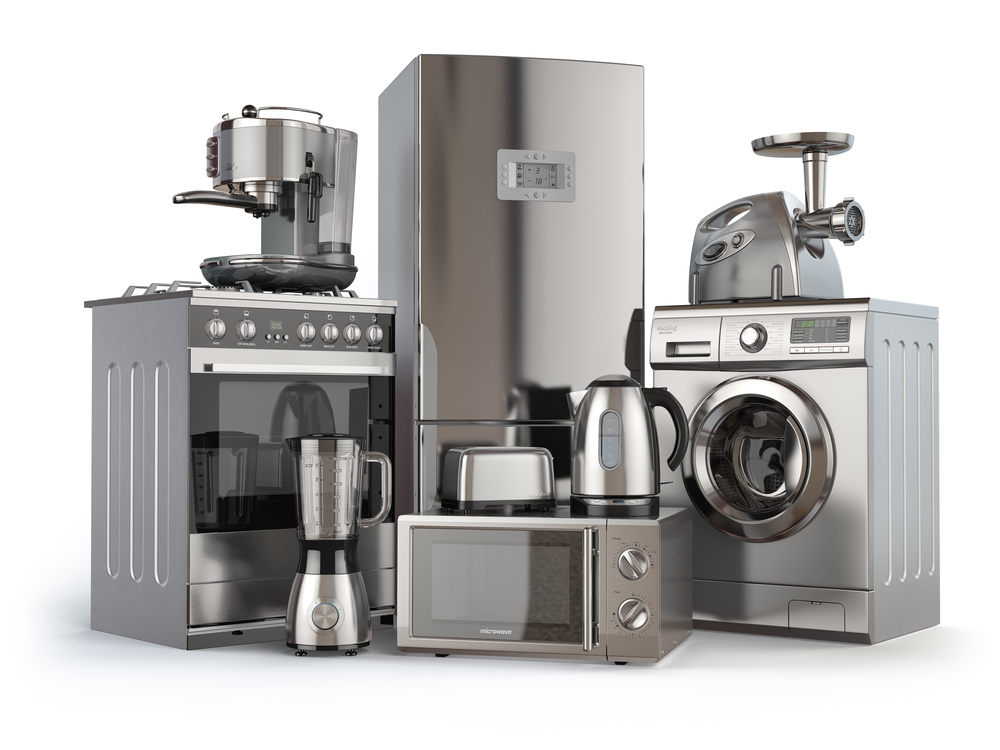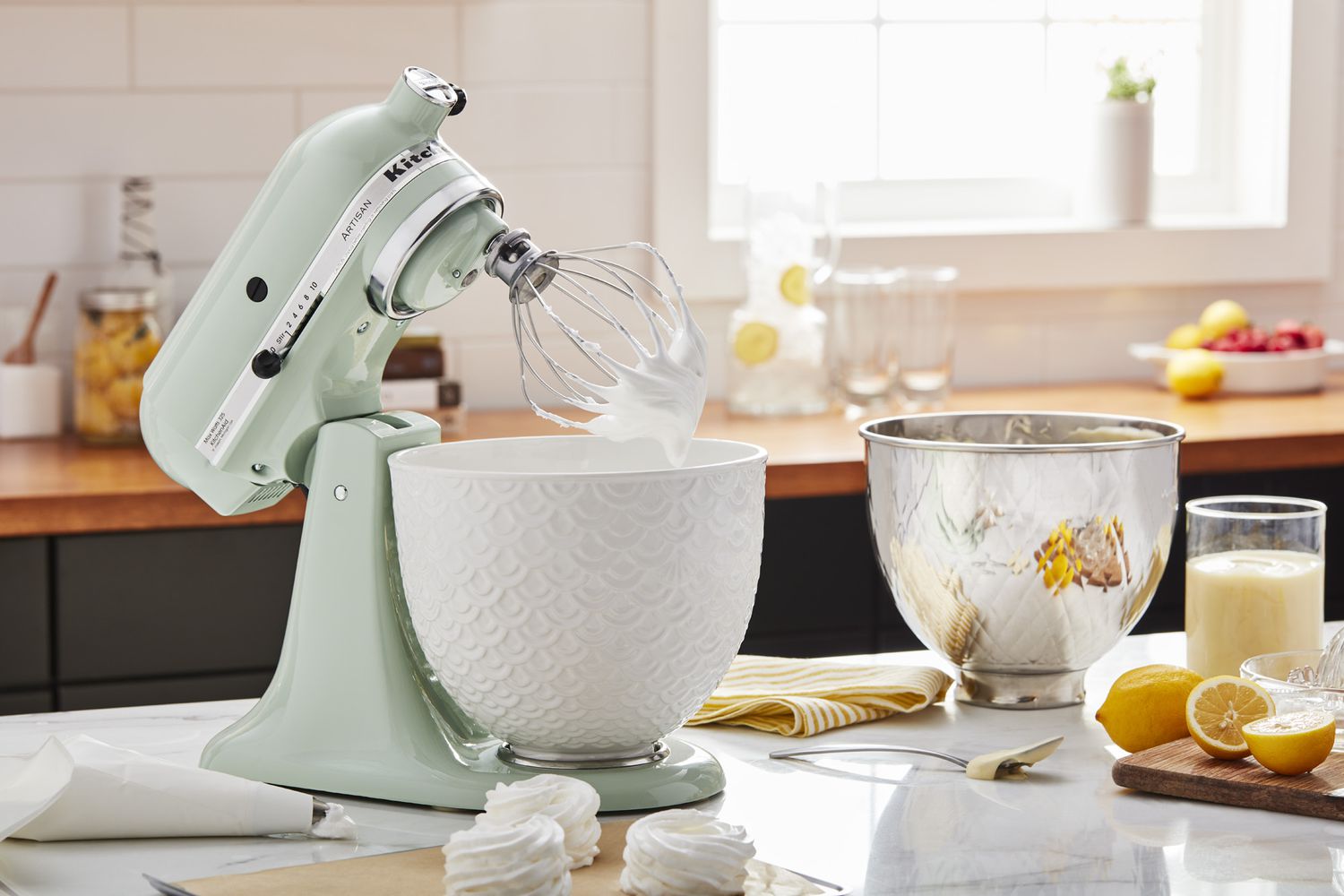Title: Appliance Maintenance 101: Tips for Extending the Lifespan of Your Appliances
Appliances are essential components of modern living, but they require regular care and maintenance to ensure optimal performance and longevity. By following simple maintenance practices, you can extend the lifespan of your appliances, minimize the need for repairs, and maximize energy efficiency. Here are some tips for maintaining your appliances and keeping them in top condition:
1. **Read the Manufacturer’s Instructions**: Start by familiarizing yourself with the manufacturer’s instructions and maintenance guidelines for each appliance. These instructions often contain valuable information on proper usage, cleaning procedures, and recommended maintenance schedules specific to your appliance model.
2. **Keep Appliances Clean**: Regular cleaning is essential for preventing dirt, dust, and debris from accumulating on appliance surfaces and components. Use mild detergent, warm water, and a soft cloth to clean the exterior and interior of appliances such as refrigerators, ovens, dishwashers, and washing machines. Remove and clean removable parts, such as shelves, racks, and filters, according to the manufacturer’s recommendations.
3. **Inspect and Replace Seals and Gaskets**: Check the seals and gaskets on refrigerator and freezer doors regularly for signs of wear, damage, or deterioration. Worn or damaged seals can allow cold air to escape, leading to energy waste and reduced cooling efficiency. Replace damaged seals promptly to maintain proper temperature control and prolong the lifespan of your refrigerator and freezer.
4. **Clean and Maintain Filters**: Many appliances, including dishwashers, washing machines, dryers, and vacuum cleaners, are equipped with filters to trap dirt, lint, and debris. Clean or replace filters regularly to prevent clogs, maintain optimal performance, and prolong the lifespan of your appliances. Refer to the manufacturer’s instructions for specific filter maintenance recommendations.
5. **Inspect and Clean Ventilation Systems**: Proper ventilation is crucial for appliances such as range hoods, clothes dryers, and bathroom exhaust fans. Inspect ventilation ducts, vents, and exhaust fans regularly for obstructions, blockages, or buildup of dirt and debris. Clean ventilation systems as needed to ensure efficient airflow and prevent overheating or malfunctions.
6. **Check and Maintain Electrical Connections**: Inspect electrical cords, plugs, and outlets for signs of damage, fraying, or wear. Replace damaged cords or plugs immediately to prevent electrical hazards and ensure safe operation of your appliances. Avoid overloading electrical outlets and circuits, and use surge protectors or power strips as needed to protect appliances from power surges.
7. **Schedule Professional Maintenance**: Consider scheduling regular maintenance checks with a qualified appliance technician to inspect and service your appliances periodically. Professional maintenance can help identify potential issues early, address minor problems before they escalate, and ensure that appliances are operating efficiently and safely.
8. **Follow Proper Usage Guidelines**: Use appliances according to their intended purpose and recommended usage guidelines to prevent unnecessary wear and tear. Avoid overloading washing machines and dishwashers, use appropriate cooking utensils and cookware on stovetops and ovens, and follow temperature settings and cooking times specified in appliance manuals.
9. **Monitor Performance and Address Issues Promptly**: Pay attention to any changes in the performance or operation of your appliances, such as unusual noises, leaks, or malfunctions. Address issues promptly by troubleshooting common problems, consulting appliance manuals, or seeking professional assistance if needed. Prompt repairs can prevent further damage and extend the lifespan of your appliances.
10. **Practice Energy Efficiency**: Save energy and prolong the lifespan of your appliances by practicing energy-efficient habits. Use appliances during off-peak hours, run full loads in dishwashers and washing machines, adjust thermostat settings for heating and cooling systems, and consider upgrading to energy-efficient models with ENERGY STAR certification when replacing older appliances.
By following these tips for appliance maintenance, you can ensure that your appliances remain in optimal condition, operate efficiently, and provide reliable performance for years to come. Regular care and maintenance not only extend the lifespan of your appliances but also contribute to energy savings, cost efficiency, and overall satisfaction with your household appliances.



